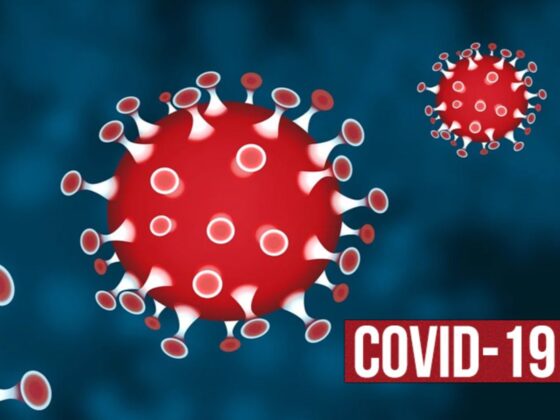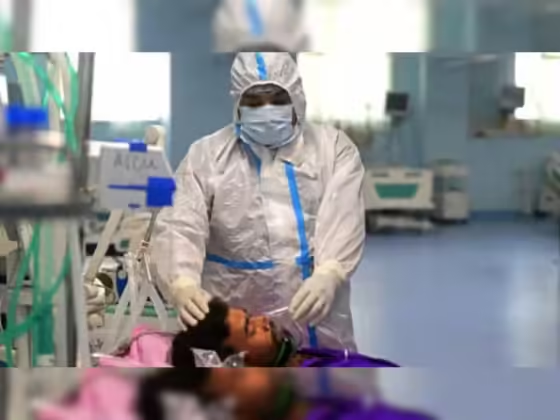In the capital city of Telangana, two incidents of an extremely rare and deadly variant of dengue known as Dengue Encephalitis have been reported amid the rapid surge in dengue cases across India. As per the report, these two cases have been reported at a private healthcare facility in Hyderabad. Health officials say that it might be an outcome of long COVID and they are going to examine these incidents carefully. The emergence of this rare variant of dengue virus has shocked health authorities. They say that they have not seen this rare strain of dengue in recent years. As per the report, out of the two incidents, one patient has succumbed to the disease within hours of hospitalization and another patient is still struggling in the hospital undergoing treatment.
Health experts say that most dengue patients recover without any difficulties, however, some patients may suffer from Dengue Hemorrhagic Fever. Neurological involvement is a very erratic appearance of dengue that causes Dengue Encephalitis. Experts say that Dengue Encephalitis occurs in fewer than 1 percent of patients. This form of dengue is essentially the involvement of the brain parenchyma that can lead to symptoms such as hallucinations, disorientation, changes in behavior, anger, hemiparesis, aphasia, a language disorder, and epileptic seizures at times. The direct invasion by the virus and antibody dependence result in The involvement of the brain. Health officials say that dengue encephalitis is a serious neurological condition of dengue fever, that can result in disorders such as Guillain-Barré syndrome (GBS), myosotis, and myelitis. In severe cases, patients can go into coma as well.
As per the doctors, there is no definite antiviral treatment available for dengue encephalitis. Treatment is mainly symptomatic with the usage of antiemetics, anticonvulsants like barbiturates, benzodiazepines, phenytoin, and corticosteroid pulse therapy involving dexamethasone or methylprednisolone. Patients suffering from Dengue Encephalitis are usually hospitalized for observation and to manage symptoms. Intravenous fluids can be given to avert dehydration, and pain relievers are prescribed to ease fever and headaches. In severe cases, patients need intensive care and supportive methods like ventilation. The bite of Aedes Aegypti mosquito causes dengue which is a viral infection.











